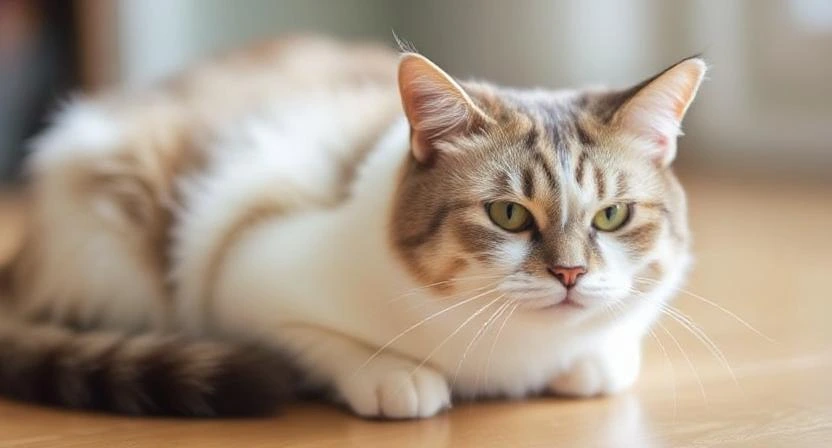Signs Your Cat Might Be Stressed (and How to Help)

Cats may seem calm and independent, but they can experience stress just like humans. Stress in cats can lead to behavioral problems, health issues, and even long-term anxiety if left unaddressed. Knowing the signs of stress—and how to relieve it—can keep your cat happy, healthy, and relaxed.
😿 Common Signs of Stress in Cats
- Hiding more than usual: If your cat is suddenly avoiding people or spending long hours under furniture, it could be stress.
- Excessive grooming: Overgrooming or pulling out fur can be a coping behavior.
- Aggression or irritability: Swatting, hissing, or biting may indicate fear or stress.
- Changes in appetite: Stress can cause a sudden loss of appetite or, in some cases, overeating.
- Litter box problems: Urinating or defecating outside the litter box is often a sign of anxiety.
- Excessive meowing or silence: Vocal changes can reflect discomfort or emotional distress.
- Destructive behavior: Scratching furniture or knocking things over may be stress-driven.
💭 Common Causes of Cat Stress
- Changes in the home environment (moving, new furniture, loud noises)
- Introduction of new pets or people
- Lack of mental stimulation or boredom
- Conflicts with other household cats
- Health problems or pain
- Dirty litter boxes or limited resources (food, water, space)
💖 How to Help a Stressed Cat
1. Provide a Safe Space
Create a quiet, cozy spot where your cat can retreat and feel secure. Use soft bedding, toys, and low lighting.
2. Keep a Consistent Routine
Cats thrive on predictability. Feed, play, and clean the litter box at the same times every day.
3. Offer Enrichment
Add climbing trees, scratching posts, puzzle toys, and window perches to keep your cat mentally and physically stimulated.
4. Reduce Triggers
Identify what’s causing the stress and minimize exposure. Gradually introduce new pets or people, and keep the environment calm.
5. Use Calming Aids
Feline pheromone diffusers, calming sprays, or vet-approved supplements can help reduce anxiety.
6. Spend Quality Time
Interactive play and gentle affection help build trust and comfort. Respect their boundaries if they need space.
7. Consult Your Veterinarian
If stress signs continue, a vet check can rule out medical issues and provide behavior guidance or treatment.
🌟 Final Thoughts
Stress can affect your cat’s well-being more than you might realize. By recognizing the signs early and making small changes, you can create a safe, calm, and happy home where your cat thrives. A relaxed cat is a healthy cat—and a happier companion for you. 🐾
